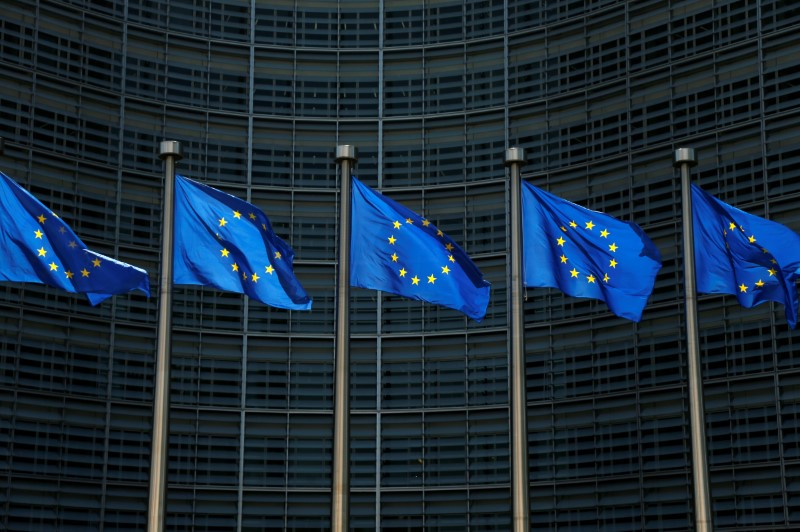Posting of workers divide EU's rich from poor

LUXEMBOURG/BRUSSELS (Reuters) — Most European Union states agreed on Monday on reforming the bloc's labour rules that poorer countries value for giving them a competitive edge but French President Emmanuel Macron criticises for undercutting his workers.
The issue of the so-called posted workers pits wealthier countries against poorer peers keen to preserve current rules that allow their citizens to work elsewhere in the bloc for salaries higher than they would get at home but still lower than the local labour force.
Macron has put reforming the so-called posting of workers directive high on the EU's agenda and is backed by Germany, Belgium, Luxembourg and the Netherlands, among others.
After some 12 hours of negotiations among labour ministers in Luxembourg, most of the EU's 28 members backed a compromise that would cap posting workers abroad at 18 months and introduce a four-year transition between reaching a final agreement on the reform and its taking effect.
Hungary, Lithuania, Latvia and Poland said they could not back the proposal, while Ireland, Britain and Croatia abstained over concerns that the new rules would hurt their transport industries.
"Europe is moving forward, I salute the ambitious agreement on posted workers: more protection, less fraud," Macron said in a post on Twitter late on Monday.
The Dutch minister praised the deal, saying all workers deserved protection from unfair competition. His Hungarian colleague said the final text was vague and left too much scope for interpretation.
Most EU countries were taking the floor on the matter throughout the day of negotiations on the politically sensitive reform, with one key point of contention being whether to keep international road transport covered by any new posting rules, as sought by Berlin and Paris among others.
Spain, Ireland, Portugal and several states on the EU's eastern flank wanted that exempted and subject to a separate law. In the latter group, Poland is the biggest exporter of cheap labour force in the EU.
The bloc's executive Commission in the end declared that part of the transport sector, namely transit, would not be regulated by the posting rules.
"The transport sector is a special case because of the industry's mobile nature, (and) there are several texts on the sector being discussed which will detail exactly how it will be applied," an official at the French president's office said.
While one camp says cheap workers' easy access to their countries is weighing on salaries and undermining the labour market, the other says tightening rules amounts to protectionism and weakens competition.
"It's about fairness on the labour market," said the EU's top jobs official, Marianne Thyssen. "I am all in favour of freedom of movement but it must be organised in a fair way ... The internal market is based on rules, it's not a jungle."
Poland, the Czech Republic, Romania and other easterners say they should be allowed to compete with lower wages to catch up with the wealthier west after decades of communist malaise.
Macron embarked on a tour of eastern Europe over the summer as he tries to get countries on board, and some such as Bulgaria and Slovakia backed the agreement.
EU DIVIDED
The 18-month agreement — written down as a 12-month cap with a possible 6-month extension — bridged most differences over the maximum period allowed for sending workers abroad under posting rules before they fall under the host country's labour laws.
The ministers gave a green light to opening negotiations on the reform with the European Parliament, which will likely bring more changes to any final agreement.
Apart from the future of transport, other themes still open include exact remuneration rules for the posting of workers, which is profitable for companies because of the wage gap in the EU.
While the estimated 2 million posted workers only make up a tiny fraction of the bloc's workforce, the issue has driven a wedge between the richer states at the centre and their poorer peers on the peripheries.
For Macron, the reform is seen as crucial to convince his voters of a need for difficult economic reforms at home by showing he stands up for their interests in the EU.
European lawmakers last week agreed their own stance on the matter, including by proposing a 24-month limit on working abroad under posting rules, and ensuring that such mobile workers are entitled to the same bonuses as the locals.




